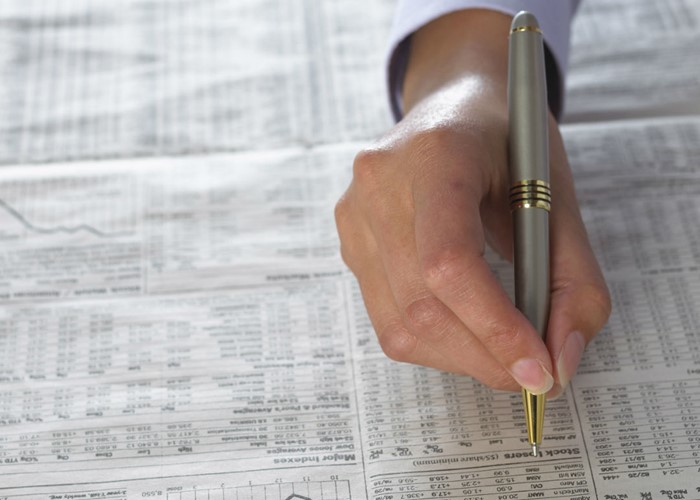Inflation rate hits 15-month low in February

Lower bills and cheaper shop prices have pushed the annual rate of inflation down in February but the essentials are still costing more.
Lower utility bills and a continuing spate of discounts at shops pulled the annual rate of inflation down to a 15-month in February.
The Office for National Statistics says the Consumer Prices Index (CPI) annual rate of inflation is now 3.4%, down from 3.6% in January. Meanwhile the Retail Prices Index (RPI) is 3.7% in February, down from 3.9% in January.
The CPI figure is slightly higher than expected, with many experts predicting it to come in at 3.3%.
A raft of price reductions by the big energy companies has led to a 0.3% drop in housing and household services prices between January and February, compared to a 0.3% increase at the same time last year. But, as we all know, they are still much higher than they were 12 months ago.
Another contributor to the dip was photographic and optical equipment, specifically digital cameras, where prices fell by 9.4% between January and February, compared to 4.4% over the same period last year. This is a record drop.
The cost of pets and related products and services fell by 1.2% month-on-month, another record, compared to a 0.8% rise a year ago.
Air fares fell by 1.6% in the first two months of the year; last year they rose by 2.1%. However, they have increased by 5.7% over the past 12 months.
Meanwhile, the prices of clothes and footwear, mobile phone charges and restaurant and hotel prices all rose but less than they did over the first two months of last year.
At the other end of the spectrum, alcoholic beverages and tobacco prices rose by 0.8% between January and February, whereas last year they fell by 0.8%. This is a record rise for the period. The annual price increase is even greater at 8.3%.
The price of fuels and lubricants has risen by 5.3% over the past year, with diesel and unleaded petrol prices hitting record highs.
And while there was a tiny increase in the month-on-month prices of food and non-alcoholic beverages, the annual picture is more grim. The price of meat has increased by 4.4%, vegetables are up by 3.9% and and sugar, jam, syrups, chocolate and confectionery have increased by 5.2%.
Comments
Be the first to comment
Do you want to comment on this article? You need to be signed in for this feature